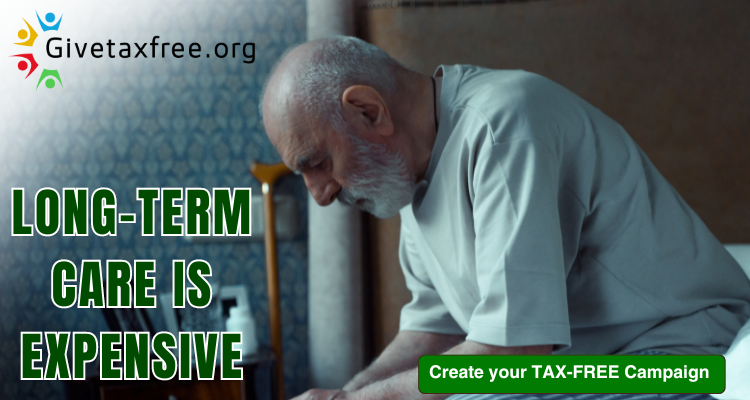Medical Centric Recommended : (Affiliate Links)
Thermometer ➝ https://amzn.to/48etrFS
Blood pressure machine ➝ https://amzn.to/465qJkN
Oximeter ➝ https://amzn.to/465jKHO
Bandage wrap or medical tape ➝ https://amzn.to/465qYfH
Gauze rolls ➝ https://amzn.to/3PapHws
Sanitizer -. https://amzn.to/3Pgytcg
Alcohol prep pads ➝ https://amzn.to/3rmcAjI
Breast pump ➝ https://amzn.to/3LpggIl
Baby’s thermometer ➝ https://amzn.to/3LoZFEG
Toilet seats with handle ➝ https://amzn.to/465jTuQ
Walker/ handicap scooters ➝ https://amzn.to/44Mb4VW
Sticks ➝ https://amzn.to/3t0aO8n
Weight machine ➝ https://amzn.to/48hDcDa
Ice packs ➝ https://amzn.to/3LoJJlT
Splint ➝ https://amzn.to/3EBh0GL
Waterproof bed pads ➝ https://amzn.to/3Rm5qGN
Stethescope ➝ https://amzn.to/3Rlxev3
Pill organizer ➝ https://amzn.to/3PCwdgV
Massage chair or massage related products ➝ https://amzn.to/3rcrsRS
Compression socks ➝ https://amzn.to/465r8DP
Knee brace/stabilizers ➝ https://amzn.to/45Qk1ii
————————————————————————————————————————————————
As we adjust our clocks to mark the end of Daylight Savings Time (DST), many of us look forward to the extra hour of sleep as a small yearly luxury. However, this shift involves more than just changing the time on our watches and clocks; it brings with it a myriad of effects on our physical and mental health. Understanding these impacts can help us better navigate the transition and maintain our well-being.
The Science of Sleep and DST
The concept of DST was originally introduced to make better use of daylight during the evenings and save energy. However, the biannual shift in time can disrupt our body’s internal clock, or circadian rhythm. This rhythm is a natural, internal system designed to regulate feelings of sleepiness and wakefulness over a 24-hour period.
When DST ends, and we “fall back,” our exposure to daylight changes. This can temporarily confuse our circadian rhythms, making it difficult for our bodies to adjust. The immediate benefit might seem like an extra hour of sleep, but the reality is often more complex.
Physical Health Effects
Sleep Quality: While gaining an hour might seem beneficial, the time change can disrupt sleep patterns. Some people may experience difficulty falling asleep, waking up more frequently during the night, or feeling less rested in the morning.
Heart Health: Studies have shown a transient increase in the incidence of heart attacks following the end of DST. This is thought to be related to the disturbance in sleep patterns affecting heart health.
Energy Levels: As our bodies strive to adapt to the new schedule, many of us may feel unusually tired or fatigued during the day, impacting our energy levels and productivity.
Mental Health Effects
Mood Changes: The reduction in daylight hours can lead to changes in mood, including feelings of sadness or even seasonal affective disorder (SAD), a type of depression related to changes in seasons.
Cognitive Function: The adjustment period can also affect our cognitive functions, including attention span, memory, and reaction time.
Adapting to the Change
Fortunately, there are strategies to mitigate the health impacts of the end of DST:
Gradual Adjustment: Gradually adjust your sleep schedule a few days before the time change by going to bed and waking up 15-20 minutes later each day.
Seek Morning Light: Exposure to natural light in the morning can help reset your internal clock. Take a morning walk or have your breakfast near a sunny window.
Create a Sleep-Friendly Environment: Ensure your bedroom is conducive to sleep. This means a cool, dark, and quiet room free from electronic devices.
Maintain a Regular Schedule: Keeping a consistent sleep schedule, even on weekends, can help stabilize your circadian rhythm.
Mindful Eating and Exercise: Avoid caffeine and heavy meals before bedtime, and engage in regular physical activity during the day to promote better sleep at night.
Conclusion
While the end of Daylight Savings Time might seem like a minor annual annoyance, its impact on our health is significant and multifaceted. By understanding these effects and taking steps to adjust our routines accordingly, we can help minimize the adverse effects on our sleep, mood, and overall health. As we turn back the clocks, let’s also remember to adjust our habits, ensuring a smoother transition into the shorter days ahead.













![Brooklyn Project Foundation tournament events to support cancer research [Video]](https://crowd-funding.givetaxfree.org/wp-content/uploads/2023/09/mp_155132_0_BrooklynProjectFoundation2e1694012693764jpg.jpg)
![Chula Vista Army Veteran receives backyard restoration [Video]](https://crowd-funding.givetaxfree.org/wp-content/uploads/2024/04/mp_258270_0_83ada479a3cd4e61b9c671d27a8ae9cb1140x641jpg.jpg)
![7 Health Benefits of Matcha Tea: The Ultimate Guide to a Healthier You! [Video]](https://crowd-funding.givetaxfree.org/wp-content/uploads/2024/05/mp_259556_0_0jpg.jpg)
